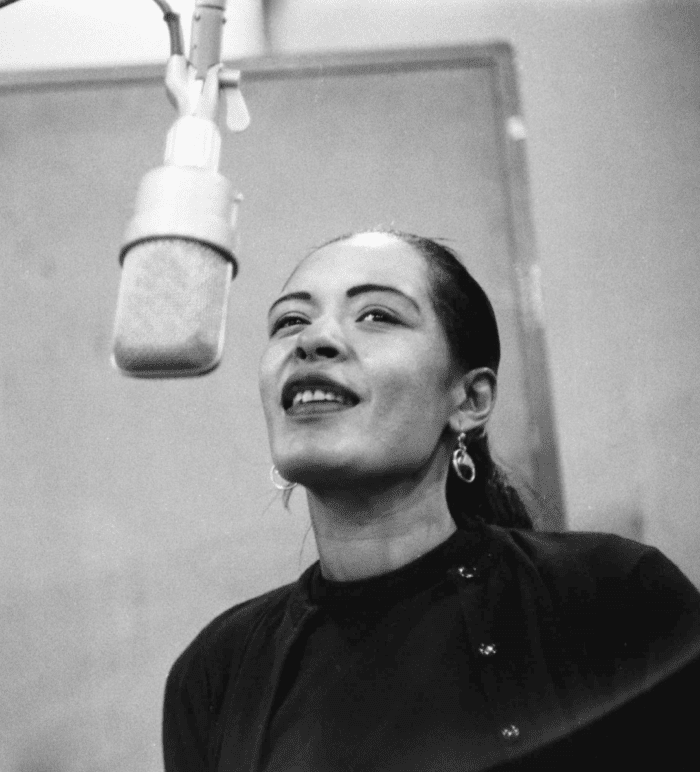
This weekend begins today with Juneteenth—a holiday celebrated each June 19 to commemorate the emancipation of enslaved people in the United States—and ends Sunday with Make Music Day, a worldwide celebration of music that is perhaps happening in your town. It also happens to be Father’s Day—and I know some stellar ones who deserve some celebrating. How will you be honoring these events?
Here in Davis, Juneteenth is typically celebrated at a huge community event sponsored by The Culture Co-op, the Yolo County Library and other community spaces, but in the absence of large gatherings, Preacher Cleveland, host of “Praise Time with Preacher” on KDRT, our local radio station, is taking over the “Listening Lyrics” spot this Friday, June 19 at 4 PM with a special show—a mix of history, touching on topics from the evolution of Juneteenth to the Tulsa Massacre, weaving in songs of protest and praise, and connecting it all to the current-day Black Lives Matter Movement. The National Civil Rights Museum also has a children’s storytime featuring the book Juneteenth for Mazie by Floyd Cooper, if you’re looking to introduce it to your kids. Finally, there’s also a wonderful piece about the Juneteenth holiday in The New York Times today, with great archival images. “To me, Juneteenth matters because it says: Keep going, the future you want is coming. — Veronica Chambers”
Wishing you all well this weekend—and Happy Father’s Day to Aron and to our dads, John and Al!
In honor of Juneteenth, I wanted to re-share a post I wrote a couple of years ago, when National Memorial for Peace and Justice first opened in Alabama:
[It has been 81] years since jazz legend Bille Holiday recorded Abel Meeropol’s poem, “Strange Fruit.” I’d heard the haunting lyrics, about lynchings in the south, before but had never seen footage of Holiday singing it until last Friday—and I haven’t been able to stop thinking about it since. In this recording, she begins looking off in the distance, and then turns to look straight into the camera as she sings “Black bodies swinging in the southern breeze.”
Her stare has made me think about the ways we have and have not confronted our disgraceful past in America—in the way we talk about the “past” even, as if the legacy of slavery was somehow remedied in the civil rights movements of the 1960s and isn’t still haunting us every day. And it has made me wonder: are there any lessons to be taken from other countries who have better atoned? Better remembered? What changes best jolted citizens (who lived with, for example, the holocaust or apartheid) out of complacency?
When we visited the United States Holocaust Memorial Museum in Washington D.C., years ago, the correlating exhibit on propaganda linking the past to the present had such an impact, making one ask oneself about one’s part in public narrative. How important is the role such memorials and remembrance sites, museums about the atrocities of war, play when it comes to restorative justice, I wondered. And where are our memorials?
So I’m heartened a bit this week reading about the opening of the National Memorial for Peace and Justice in Montgomery, Alabama, a museum dedicated to remembering the victims of white supremacy, which attempts to shine a brighter light on the thousands of lynchings that have been documented across the south. From The New York Times: “It is not a conventional museum, heavy on artifacts and detached commentary. It is perhaps better described as the presentation of an argument, supported by firsthand accounts and contemporary documents, that the slavery system did not end but evolved: from the family-shattering domestic slave trade to the decades of lynching terror, to the suffocating segregation of Jim Crow to the age of mass incarceration in which we now live.”
The article about the museum is definitely worth reading; and there have been some very moving stories shared on NPR recently, related to its opening, and addressing the importance of acknowledgment for reconciliation.
P.S. The remarkable story of Abel Meeropol, who wrote “Strange Fruit” after seeing a photograph of a lynching. He later went on to raise the children of Julius and Ethel Rosenberg. And Billie Holiday’s rules about the conditions under which she would sing the song. (And a book review, considering its significance, if you’d like to know more.) Also, a couple of other posts that might feel relevant today: Fields of Gold for Some & Finding Characters of Color.


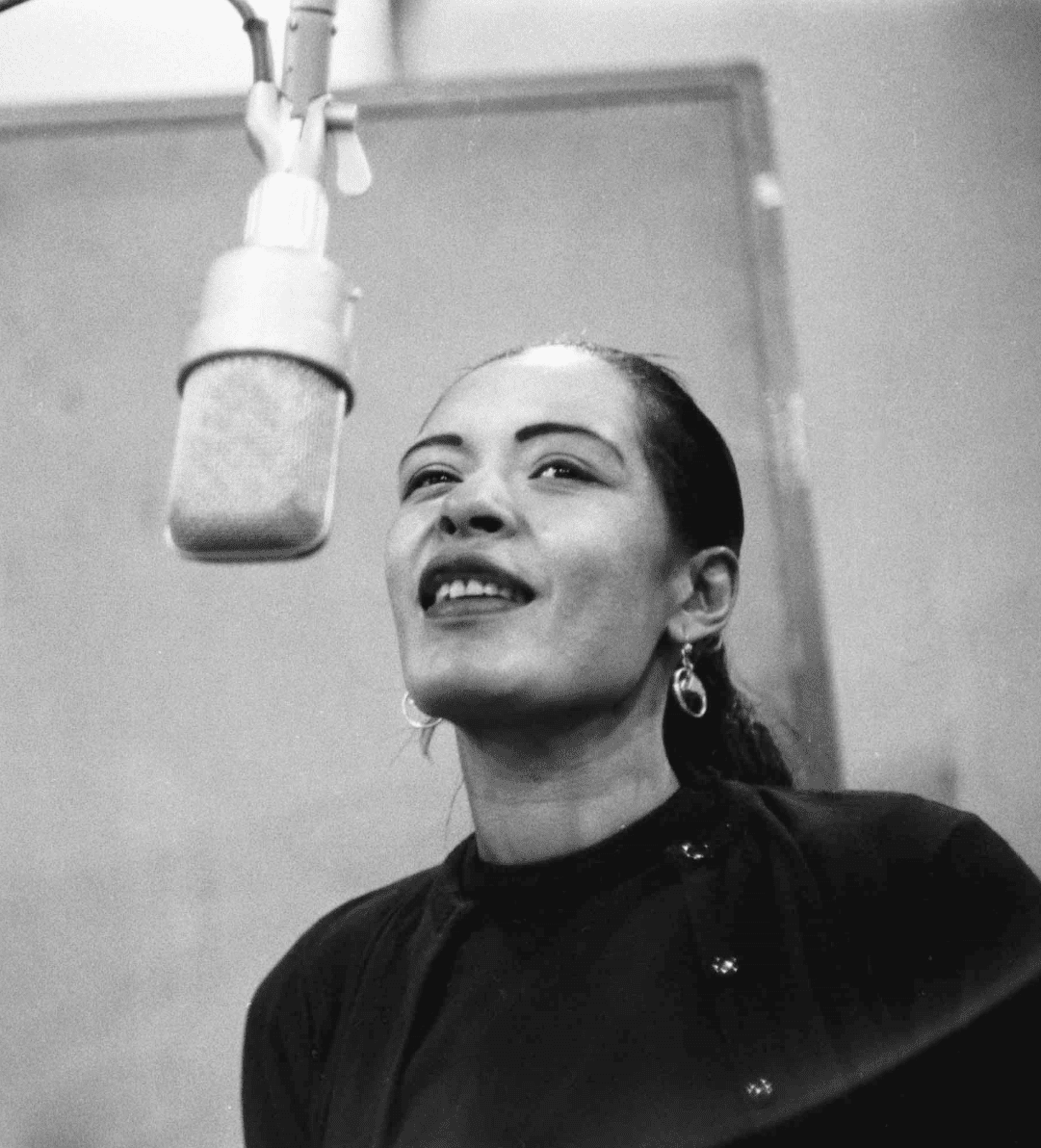

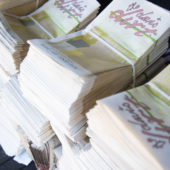








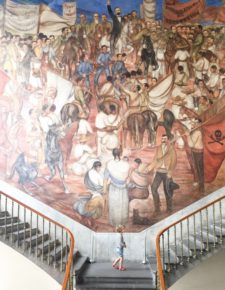












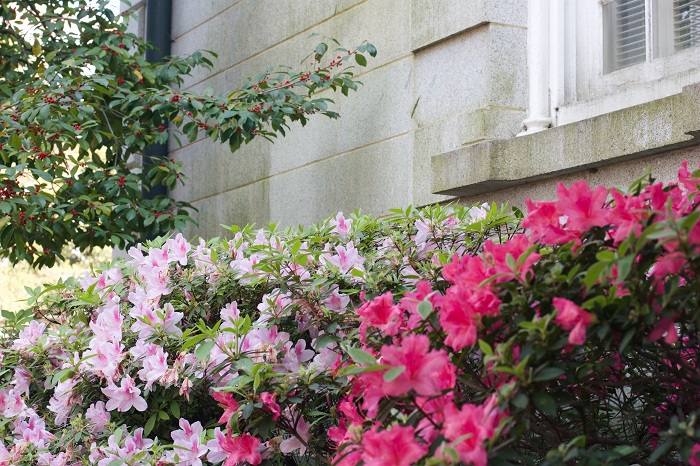




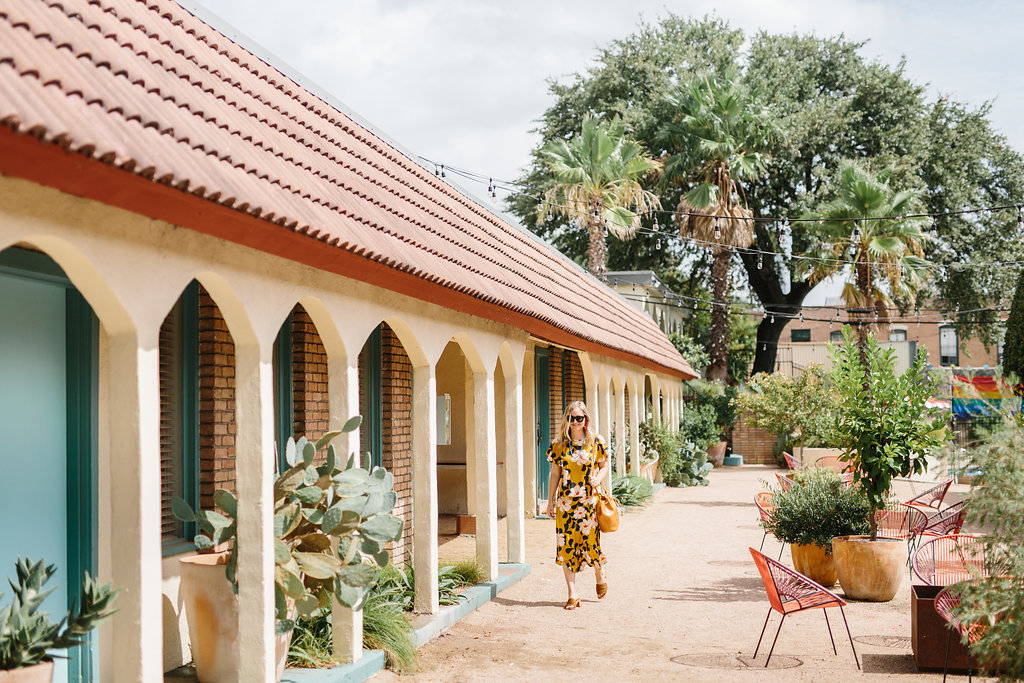






2 Comments